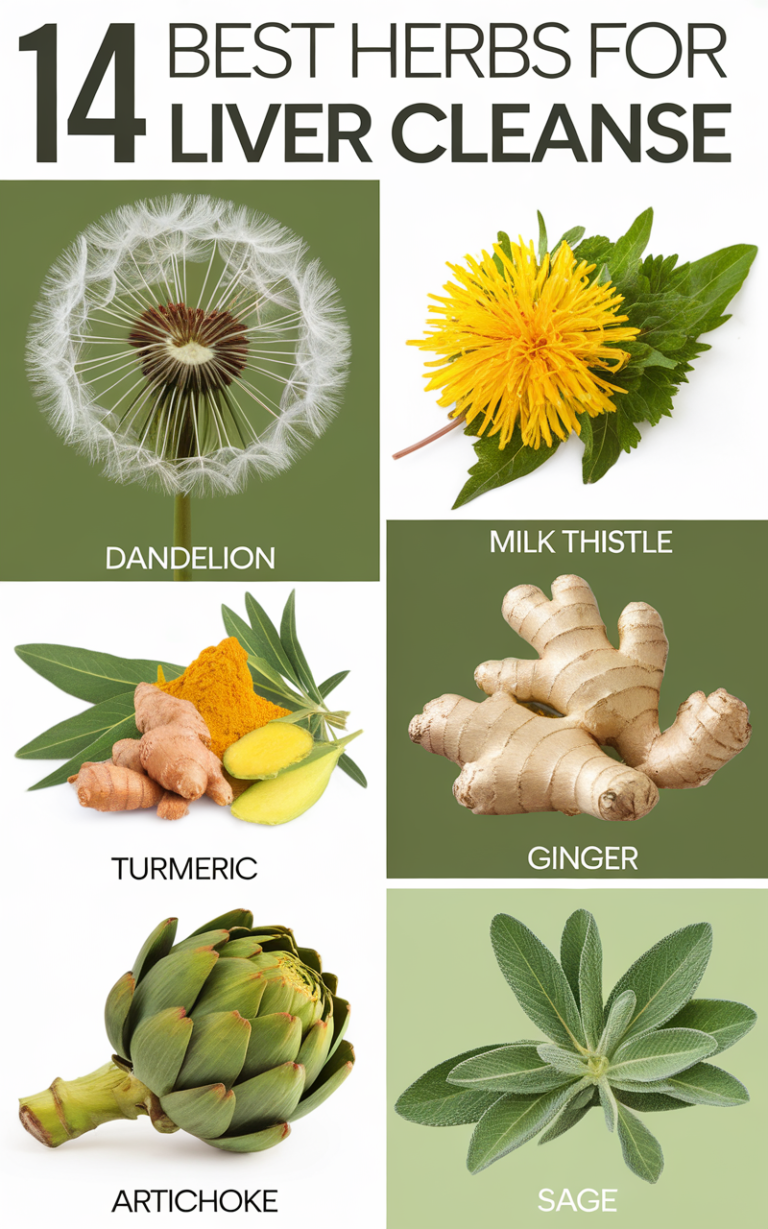5 Astonishing Ayurvedic Practices for Tongue Health
The tongue, often overlooked in oral health discussions, plays a crucial role in our overall well-being. Its health is not only vital for tasting and swallowing food but also serves as an indicator of our digestive health. Ayurveda, an ancient Indian holistic healing system, offers a unique approach to maintaining optimal tongue health. By understanding the importance of tongue health and incorporating ayurvedic practices into our daily routine, we can enhance digestion, prevent oral diseases, and improve our overall well-being.
Why healthy tongue is important?
Before delving into ayurvedic practices for tongue health, it is essential to grasp the significance of maintaining a healthy tongue. The tongue is not just a muscle, but an organ that aids in digestion by helping break down food, initiating the release of digestive enzymes, and absorbing nutrients.
Furthermore, the tongue acts as a mirror reflecting our overall health. Any changes in its appearance, texture, or color can indicate an imbalance in our body, pointing to various health conditions.

The Role of the Tongue in Digestion
The tongue plays a pivotal role in the process of digestion. As we chew our food, the taste buds on the tongue perceive flavors and stimulate the release of digestive enzymes in the saliva. These enzymes help break down the food particles, facilitating easy digestion and absorption of nutrients by the body.

Moreover, the tongue aids in the proper mixing of food with saliva, ensuring that it is properly moistened before it reaches the stomach. This is essential for the effective breakdown of food and the prevention of digestive issues.
How Tongue Health Reflects Overall Health
Ayurveda believes that the tongue provides valuable insights into our overall health. An unhealthy tongue may be an indicator of an underlying health condition, such as a weak digestive system, nutrient deficiencies, or even hormonal imbalances.

By observing the tongue’s appearance, color, and texture, Ayurvedic practitioners can identify potential health issues and determine the appropriate course of treatment. Thus, giving attention to tongue health can serve as a proactive measure towards holistic well-being.
Introduction to Ayurveda
Ayurveda, often referred to as the “science of life,” is an ancient Indian healing system grounded in the belief that optimal health is achieved through balance and harmony. This holistic approach encompasses various practices designed to promote physical, mental, and spiritual well-being.
The Principles of Ayurveda
In Ayurveda, health is viewed as a delicate balance between the three doshas – Vata, Pitta, and Kapha – which govern different aspects of our being. Each person has a unique combination of these doshas, and imbalances can lead to health issues. Ayurvedic principles aim to restore this balance and enhance overall health.
Ayurveda emphasizes the importance of proper digestion and elimination for optimal health. According to its principles, all diseases stem from poor digestion, making it imperative to maintain a healthy digestive system.
Ayurveda’s Approach to Oral Health
When it comes to oral health, Ayurveda recognizes the interconnectedness between the mouth and the rest of the body. It believes that oral health issues can indicate imbalances in our overall health and well-being.
Ayurvedic practices for tongue health focus on supporting digestion, balancing the doshas, and nourishing the tissues of the mouth. By incorporating these practices into our daily routine, we can promote optimal oral health and overall wellness.
Ayurvedic Practices for Tongue Health
In Ayurveda, there are various practices specifically aimed at promoting tongue health and ensuring optimal digestion. These practices include tongue scraping, the use of ayurvedic herbs, and dietary modifications.
Tongue Scraping: The Ayurvedic Ritual for Oral Hygiene
Tongue scraping is a central practice in Ayurveda for maintaining tongue health and oral hygiene. This simple daily ritual involves gently scraping the surface of the tongue using a tongue scraper, which removes residual toxins, bacteria, and debris that accumulate on the tongue overnight.
Regular tongue scraping not only helps to cleanse the tongue but also stimulates the taste buds, aids in proper digestion, and enhances the sense of taste. It is essential to practice tongue scraping in the morning, before brushing your teeth or consuming any food or drink.

Step-by-Step Guide to Tongue Scraping
1. Upon waking up, before consuming any food or drink, find a comfortable place to perform your tongue scraping ritual.
2. Hold the tongue scraper with both hands and gently reach the back of your tongue.
3. With light pressure, move the tongue scraper forward, scraping the residue off the surface of the tongue. Repeat this motion 5 to 10 times, rinsing the scraper in between.
4. After scraping, rinse your mouth with warm water to eliminate any remaining residue.
5. Brush your teeth as usual, following your regular oral hygiene routine.
Oil pulling as part of ayurvedic oral health
Oil pulling is an integral component of Ayurvedic oral health practices, renowned for its potential to promote not only dental hygiene but also overall well-being.
This ancient technique involves swishing a tablespoon of oil, typically coconut or sesame oil, in the mouth for about 15-20 minutes on an empty stomach. As it is swished around, the oil effectively captures toxins and harmful bacteria, leaving the mouth feeling fresh and clean.
Furthermore, oil pulling is believed to aid in detoxification, reducing inflammation, and supporting gum health.

For a comprehensive guide on the benefits and how-to of coconut oil pulling, visit our oil-pulling guide. Embrace this natural Ayurvedic practice to nurture your oral health and experience its holistic advantages.
Ayurvedic Herbs and Plants for Tongue Health
Ayurveda offers a wealth of herbs known for their benefits to tongue health and digestive function. Triphala, a blend of three fruits, is renowned for its cleansing properties and antioxidant benefits. It helps remove toxins from the tongue and promotes healthy digestion.

Another potent herb for tongue health is Neem. It has strong antibacterial properties that can help combat oral infections and promote oral hygiene. Ayurvedic practitioners may recommend incorporating these herbs into your oral care routine for optimal tongue health.
Turmeric is widely used in ayurvedic recipes.
Known for its anti-inflammatory and antimicrobial properties, turmeric has been employed for centuries to promote oral hygiene. It can be used as an ingredient in homemade toothpaste or as a part of Ayurvedic mouthwash to help combat bacteria, reduce inflammation, and soothe oral discomfort.
Its natural brightening effect is also cherished for its potential to enhance the whiteness of teeth.
For a diverse collection of healthy ways to incorporate turmeric into your daily routine, including oral care, check out this valuable resource: 20 Healthy Ways to Use Turmeric – Printable Recipe Collection.

Aloe vera, renowned for its soothing and healing properties, is a valued component of Ayurvedic oral health practices.
In Ayurveda, aloe vera gel is often used to promote oral hygiene and treat various dental issues. Its natural anti-inflammatory and antimicrobial qualities make it an excellent choice for alleviating gum inflammation, reducing plaque buildup, and combating oral bacteria.
Aloe vera’s cooling and moisturizing effect can also provide relief from mouth ulcers and irritation.
To incorporate aloe vera into your Ayurvedic oral care routine, you can simply apply the gel directly to your gums and teeth or mix it with water as a mouthwash.

The Role of Diet in Ayurveda for Tongue Health
Diet plays a crucial role in Ayurveda for maintaining tongue health and supporting digestion. According to Ayurvedic principles, following a balanced diet that suits your dosha type is vital for optimal health.
Ayurveda emphasizes the consumption of fresh, organic, and seasonal foods, while avoiding processed or overly spicy foods. Incorporating ample amounts of fruits, vegetables, whole grains, and healthy fats into your diet can significantly benefit digestion and overall tongue health.
The Benefits of Ayurvedic Practices for Tongue Health
Adopting ayurvedic practices for tongue health can offer a range of benefits that extend beyond the mouth. These practices can positively impact digestion, oral hygiene, and overall well-being.
Improved Digestion and Metabolism
A healthy tongue promotes proper digestion, ensuring that nutrients are effectively broken down and absorbed by the body. This helps optimize metabolism and can prevent digestive issues such as bloating, constipation, or acid reflux.
Prevention of Oral Diseases
Maintaining tongue health through ayurvedic practices can help prevent oral diseases such as halitosis (bad breath), oral thrush, or gum diseases. Regular tongue scraping and the use of ayurvedic herbs can reduce the buildup of harmful bacteria, promote oral hygiene, and support gum health.
Enhanced Taste and Nutrient Absorption
A healthy tongue is essential for experiencing the full flavors of food. By practicing tongue scraping and incorporating ayurvedic herbs into your routine, you can enhance your sense of taste. Additionally, optimal tongue health allows for proper nutrient absorption, ensuring that the body receives the maximum benefits from the food consumed.
In conclusion, optimizing tongue health through Ayurvedic practices can have far-reaching benefits for our overall well-being. Understanding the importance of tongue health, exploring Ayurveda’s principles, and incorporating practices such as tongue scraping, herbal remedies, and mindful dietary choices can help us achieve a balanced and vibrant life.





